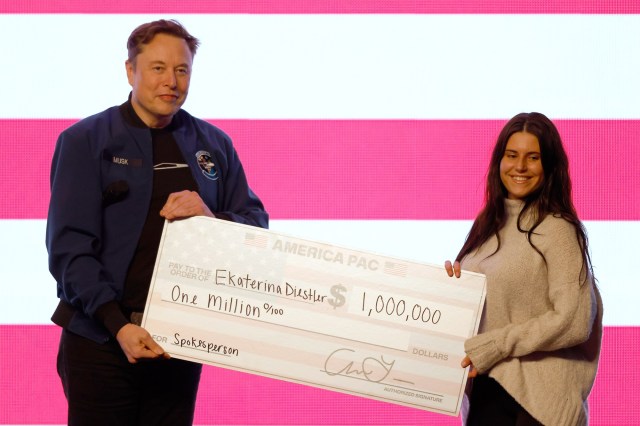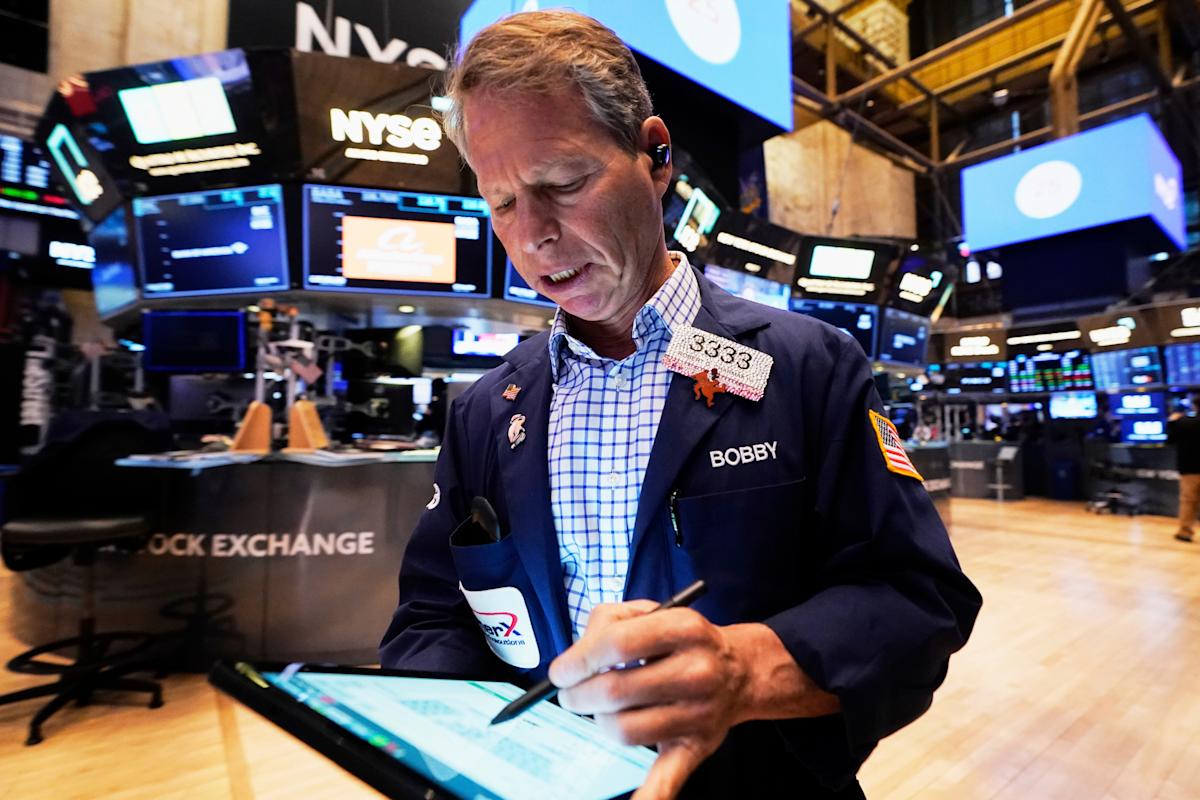Justice for Sale? Why Judicial Campaign Funding Needs a Radical Overhaul

In the complex landscape of American political discourse, the Citizens United v. Federal Election Commission case towers as a watershed moment that fundamentally reshaped campaign finance and political spending. Far more than just another legal decision, this landmark ruling stands as a pivotal turning point in how money influences electoral politics.
The Supreme Court's controversial 5-4 decision dramatically transformed the political funding ecosystem, effectively granting corporations and special interest groups unprecedented freedom to pour unlimited financial resources into political campaigns. By equating corporate spending with free speech, the ruling opened floodgates that have since dramatically altered the dynamics of electoral competition.
Critics argue that Citizens United has created an uneven playing field, where wealthy organizations and individuals can dramatically amplify their political influence through massive financial contributions. The decision effectively democratized political spending in a way that paradoxically undermines democratic principles by giving disproportionate voice to those with the deepest pockets.
While supporters claim the ruling protects fundamental First Amendment rights, opponents see it as a critical moment that commodified political discourse, turning elections into high-stakes financial battles where money speaks louder than individual voter voices.
The lasting impact of Citizens United continues to reverberate through American political institutions, challenging fundamental notions of electoral fairness and representation in an increasingly complex democratic landscape.








